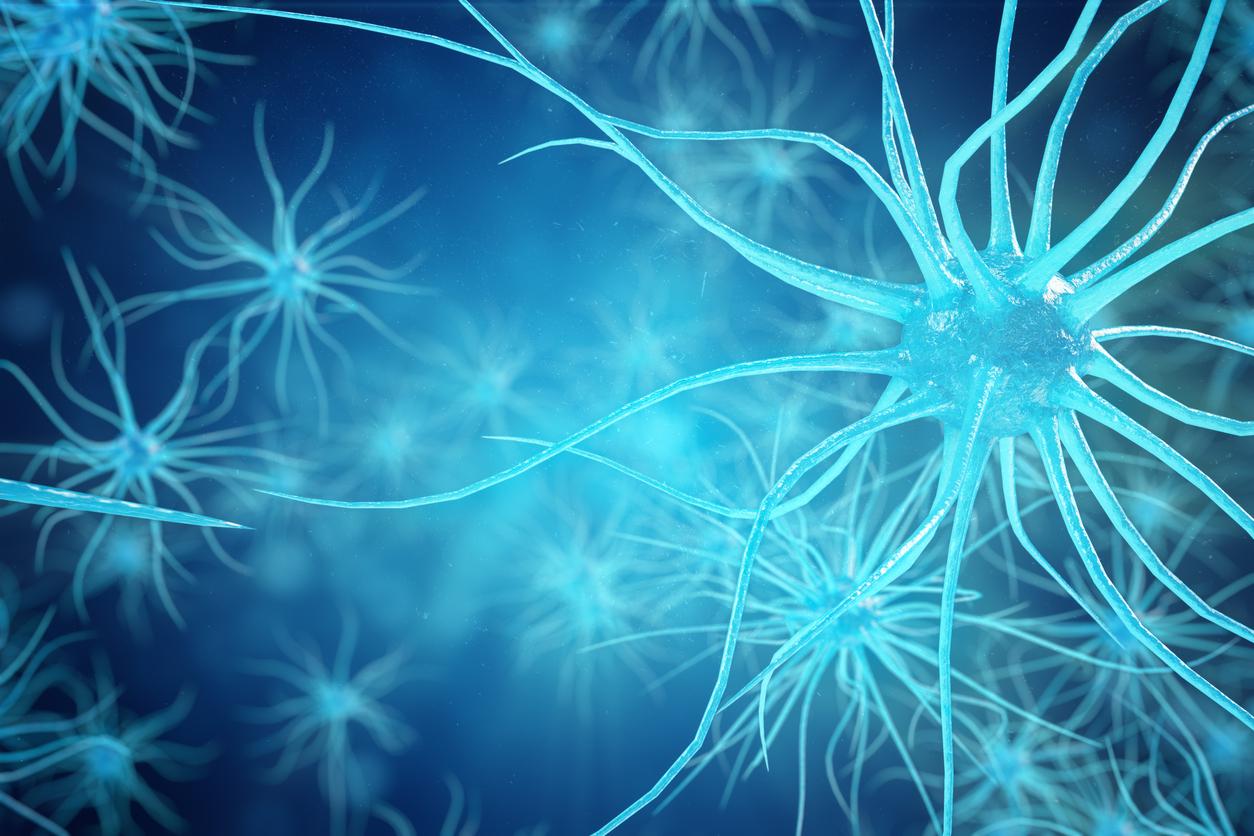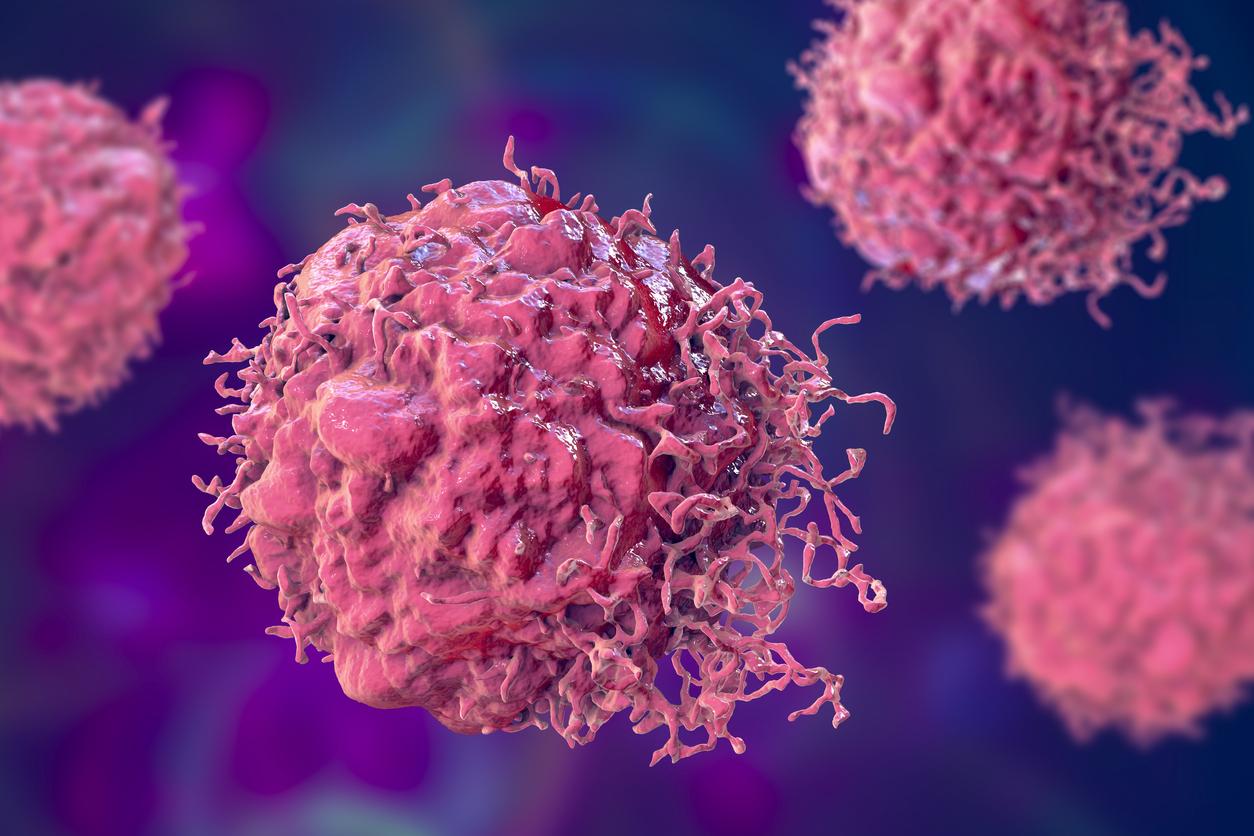French researchers have determined that a protein, CDA, strengthens tumor cells in aggressive pancreatic cancer.

- Pancreatic cancer is currently the third leading cause of cancer mortality.
- This disease is often diagnosed late when the tumor has grown outside the pancreas.
- The neutralization of a protein could promote the regression of the pancreatic tumor, according to French researchers.
For several years, the incidence rate of pancreatic cancer has been increasing, particularly among those over 50. This disease, which is currently the third cause of cancer mortality, could move into second position by 2030-2040, according to estimates from the National Cancer Institute (INCa).
CDA, a protein that “strengthens the tumor cell”
Often diagnosed late, symptoms of this cancer generally occur when the tumor has grown outside the pancreas. In this context, surgery is often no longer possible. Faced with this major challenge, much research is being carried out to develop new anticancer strategies. In a recent study, French scientists observed that the neutralization of a protein could promote the regression of pancreatic tumors. Their work was published in the journal Cancer Research.
For the purposes of this research, the team Impactof Toulouse Cancer Research Centerin collaboration with clinical researchers from Toulouse University Hospitallooked at cytidine deaminase, or CDA, a recycling protein for DNA synthesis. “It exists in many tissues, but it is overexpressed in aggressive pancreatic tumors where it makes DNA production possible. CDA is an essential protein for the growth of pancreatic cancer, it strengthens the tumor cell”described Professor Pierre Cordelier, head of the ImPact team, to the newspaper the Dispatch.

Pancreatic cancer: neutralization of CDA allows tumor regression
CDA is one of the factors responsible for resistance to chemotherapy. It reduces replication stress and regulates DNA replication, which may confer drug resistance. In animal models of pancreatic cancer, the team targeted and neutralized this protein. Regression of the pancreatic tumor was noted. “When we target CDA, the tumor cell has much more difficulty managing the stress associated with the replication of its DNA (genomic stress) imposed by tumor growth; it ends up succumbing (…) In our models of pancreatic cancer , we demonstrated that CDA actively participates in DNA synthesis and that it interferes with currently used therapies that target this protumoral mechanism. As cancer cells are much more dependent on this protein than normal cells, our work does. of the CDA an Achilles heel to be exploited from a therapeutic point of view”indicated Professor Pierre Cordelier.
These initial results make it possible to consider future therapies aimed at targeting CDA in cancer cells, in order to weaken the pancreatic tumor.

















